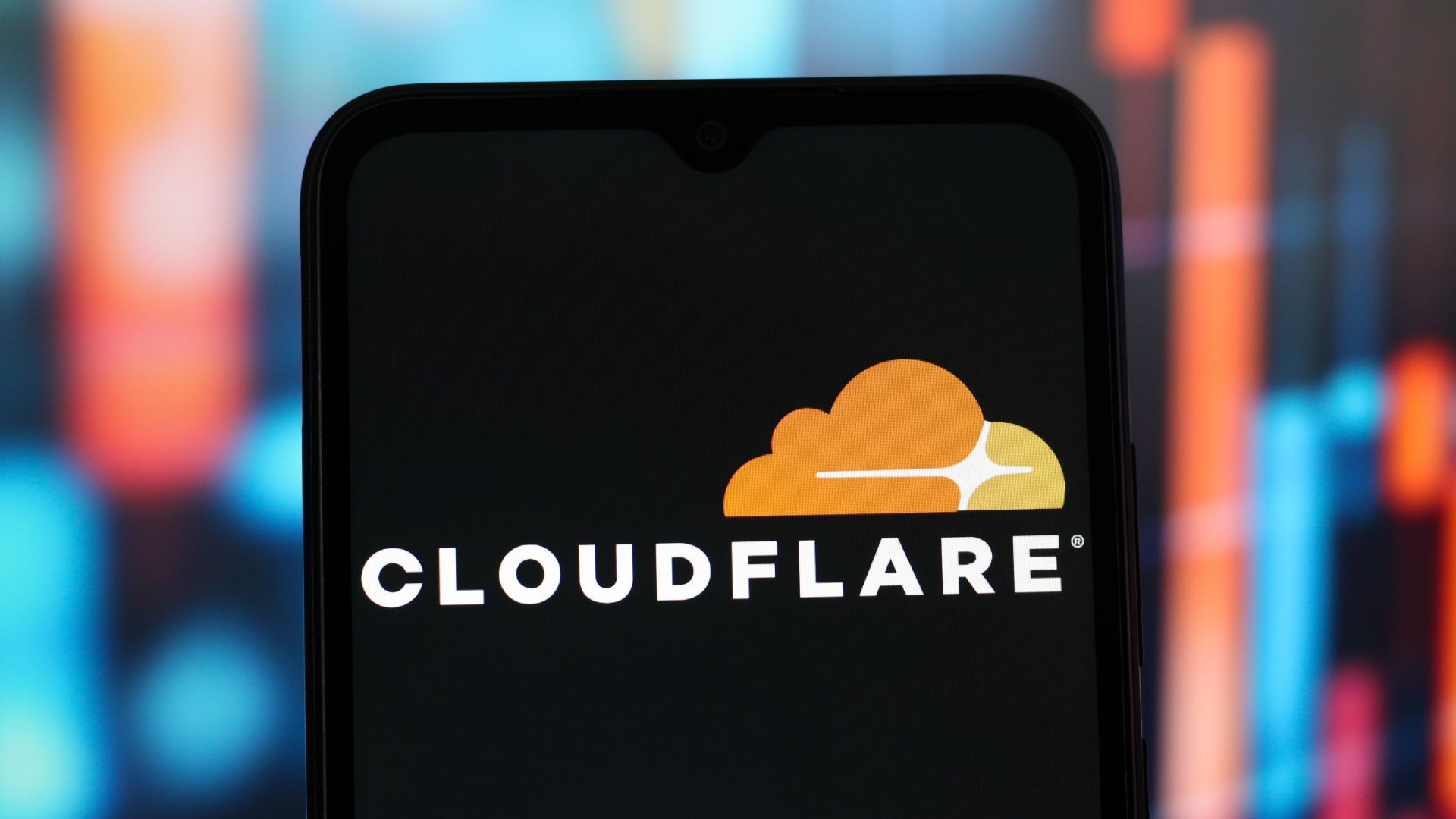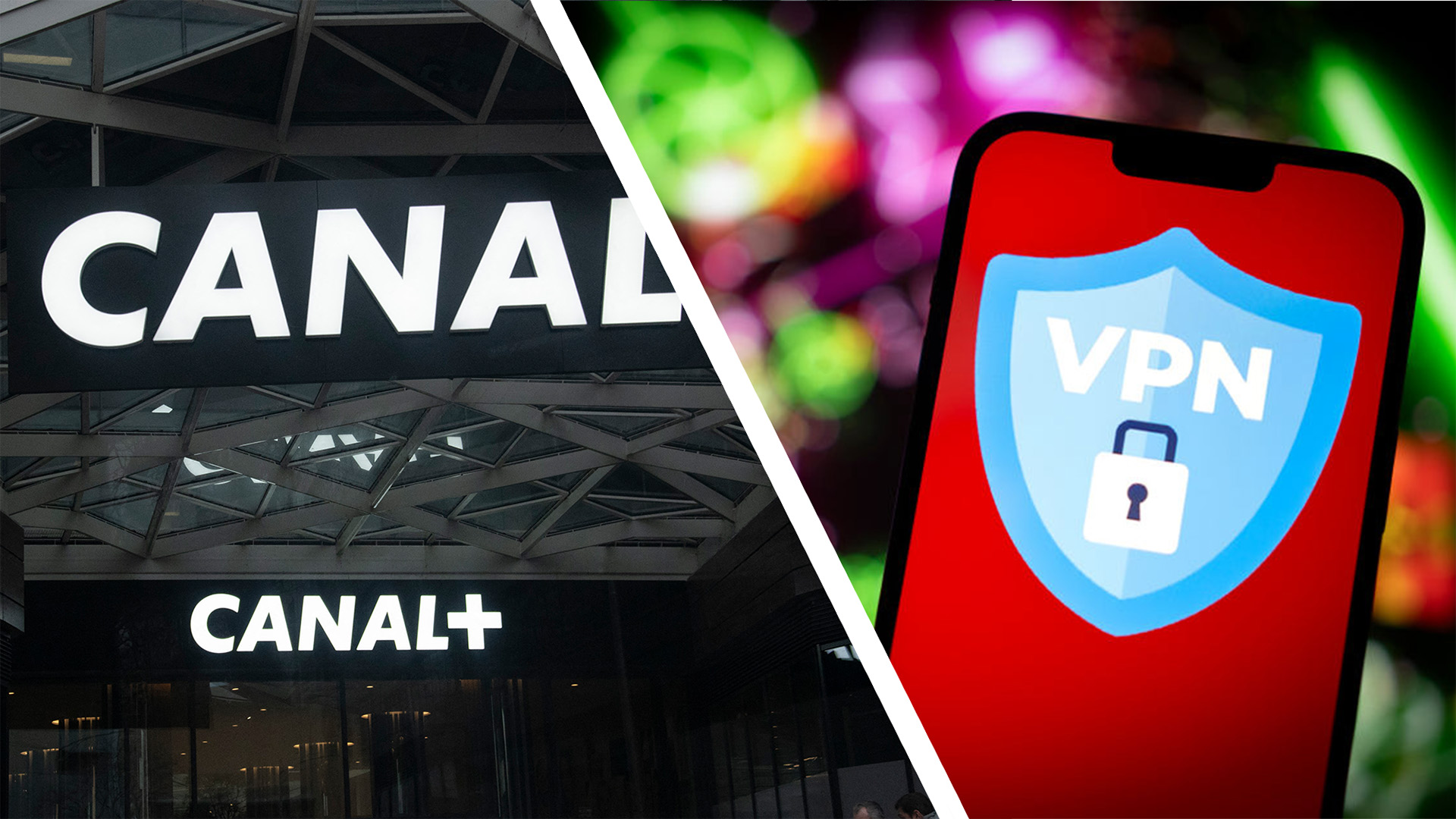Cloudflare wants to fix Spain’s blocking of illegal football streams ahead of next LaLiga season
IP blocking orders continue to create problems

- Cloudflare filed an appeal with the Spanish Constitutional Court over "problematic" anti-piracy measures
- LaLiga and Telefónica have been blocking IP addresses during matches to halt illegal sports streams since February 2025
- Many legit domains, including Google Fonts, institutional sites, and payment platforms, have been affected so far
IP blocking continues to create problems in Spain, and Cloudflare is committed to finding a fix before the new sports season kicks off.
To halt illegal sports streams, Spanish sports streaming giants, LaLiga and Telefónica, have been issuing IP blocking orders since February 2025. Yet, this tactic has led to many overblocking incidents, with Google Fonts, institutional sites, and payment platforms among the legitimate domains mistakenly blocked so far.
Now, US-based major CDN and DNS resolver, Cloudflare, filed an appeal with the Spanish Constitutional Court over what it deems "problematic" anti-piracy measures.
The collateral effect
LaLiga and Telefónica are targeting IP addresses during sports matches to prevent illegal streaming and copyright infringement. An IP address is a string of numbers that acts as a digital address, identifying internet-enabled devices and allowing online communications.
As per La Liga's own declarations, Spain's premier football group has been blocking around 3,000 IP addresses every weekend to contain the damage of copyright infringement.
The problem is that, as with most DNS providers, Cloudflare explained to TechRadar, all of the company's IP addresses are shared.
"In some cases, they have thousands, tens of thousands, hundreds of thousands, or even millions of domains behind them. So, blocking [an IP] because there is a single domain that you want to block, comes with a tremendous amount of collateral damage," Cloudflare's Vice President and Global Head of Public Policy, Alissa Starzak, told TechRadar.
According to Cloudflare, the collateral damage in Spain has been remarkable.
Ya sabemos quién es el culpable del 🛑 bloqueo de Google Fonts.Esto es surrealista.🧵1/3 👇 pic.twitter.com/KOCnFYW7OGJune 2, 2025
Google Fonts appears to be the latest casualty of anti-piracy IP blocking. Google's popular cloud-based font service, Google Fonts, is used every day by millions of websites to load fonts and icons on their interfaces. Yet, many users have found that these resources are no longer working correctly, including those using Google Calendar or YouTube.
While the issues only impacted customers of Digi and Vodafone's ISP, Vodafone told a Spanish publication that the block came in response to a request from Telefónica made on Thursday, May 27, 2025.
Many similar incidents throughout the year led Cloudflare's Co-founder and CEO, Matthew Prince, to strongly criticize the online blockade enforced by Spain's La Liga online.
"The strategy of blocking broadly through ISPs based on IPs is bonkers because so much content, including emergency services content, can be behind any IP. The collateral damage is vast and is hurting Spanish citizens from accessing critical resources," he wrote in a post on X.
"It's only a matter of time before a Spanish citizen can't access a life-saving emergency resource because the rights holder in a football match refuses to send a limited request to block one resource versus a broad request to block a whole swath of the Internet."
What's next?
As mentioned earlier, Cloudflare decided to bring the case to Spain's higher Court by presenting an appeal on May 19, 2025. The provider seeks to prove in front of a judge that what La Liga and Telefonica are doing shouldn't be legal.
"They presented to the Court that there would be no collateral effect, which obviously is not correct," Starzak told TechRadar. "The main point for us is this misrepresentation. Even though these orders sort of ended with the season, we still have the ability to challenge the underlying basis for that order."
On its side, La Liga issued an official statement on February 15, 2025, accusing Cloudflare of "actively enabling illegal activities."
The organization wrote: "Google, Cloudflare, VPN providers, and other entities facilitating piracy are responsible for the illegal activities they enable and profit from. LALIGA, backed by the justice system, will not relent in its efforts to protect football and the interests of its clubs against criminal actions related to audiovisual fraud and digital laundering."

While we now have to wait to see what will happen next in the fight against sports piracy in Spain, we are likely to see similar legal battles flaring up.
For example, after a successful legal action against DNS services last year, Canal+ managed to score a victory against VPN providers in France. In what comes as a legal first, on May 15, 2025, the Paris Judicial Court ordered five of the best VPN providers on the market to block access to over 200 illegal sports sites.
Italy has also shared plans to extend anti-piracy obligations to DNS and VPN providers. Portugal and Belgium are also exploring similar anti-piracy tactics.
These measures may be set to increase now that streaming giants have also called on the EU to press VPN, CDN, and DNS services to have a role in the anti-piracy row in Europe.
Yet, Spain remains the main priority for Cloudflare.
"If you think that you can create a blocking regime like this and you don't care about the effects on normal Internet users, you may have a problem," said Starzak. "We really want to make sure that the EU, in particular, understands that some of the methods that are being proposed have, significant effect on the ability of normal internet users to browse the internet."
You might also like

Chiara is a multimedia journalist committed to covering stories to help promote the rights and denounce the abuses of the digital side of life – wherever cybersecurity, markets, and politics tangle up. She believes an open, uncensored, and private internet is a basic human need and wants to use her knowledge of VPNs to help readers take back control. She writes news, interviews, and analysis on data privacy, online censorship, digital rights, tech policies, and security software, with a special focus on VPNs, for TechRadar and TechRadar Pro. Got a story, tip-off, or something tech-interesting to say? Reach out to chiara.castro@futurenet.com
You must confirm your public display name before commenting
Please logout and then login again, you will then be prompted to enter your display name.